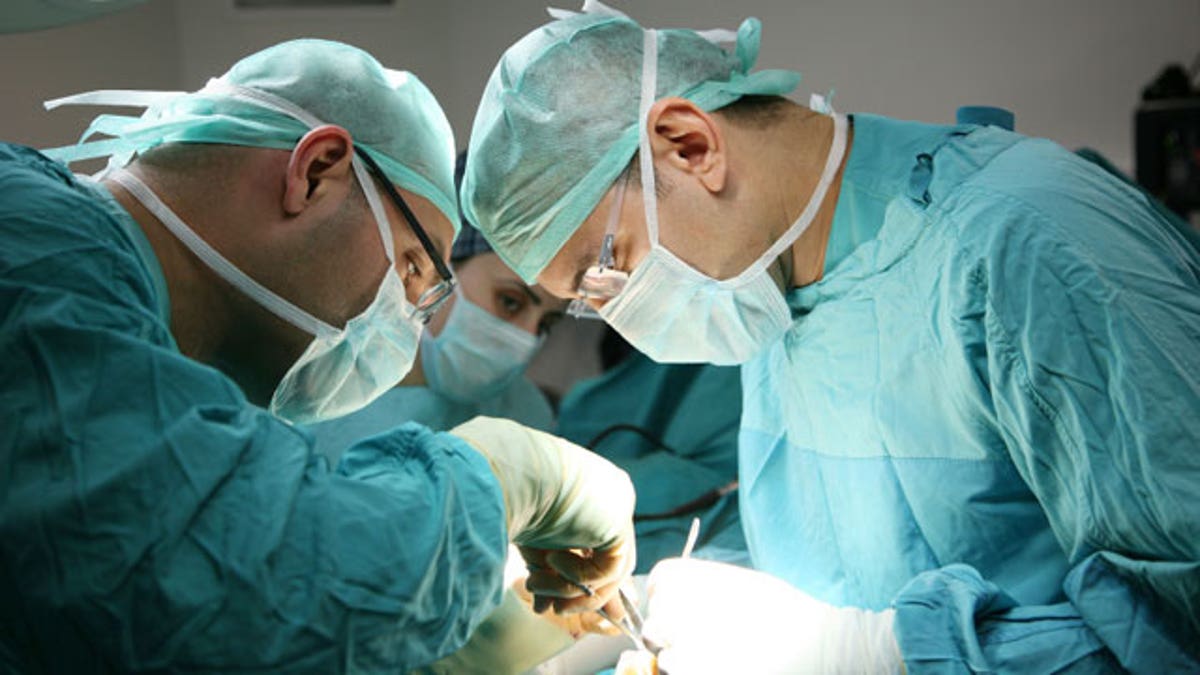
(iStock)
A new technique for organ transplants may eliminate the need for lifelong anti-rejection drugs after surgery, according to a recent study.
Johns Hopkins researchers have developed a way to stimulate stem cells in rats after a liver transplant as a means of preventing rejection of the new organ without the need for immunosuppressant drugs.
Anti-rejection medicines carry serious side effects and are a major obstacle to long-term survival of people who require organ transplants.
The study found that a combination of two drugs lengthened survival time and prevented liver rejection in rodents. One drug was a low dose of tacrolimus, which prevented immediate rejection of the transplant, and the other was plerifaxor, which freed the recipient's stem cells from the bone marrow.
The bone marrow cells freed by plerifaxor then traveled to the damaged liver and repopulated it with the recipients’ own cells, replacing the donor cells that cause rejection. The stem cells also appeared to control immune response by increasing the amount of regulatory T-cells.
Essentially, the scientists said they transformed the donor liver from a foreign object under attack by the immune system into an organ tolerated by the body within three months of the surgery.
And – the rats only had to take the medications for one week after the transplant.
The researchers are also testing the method on other transplanted organs, including kidneys, in rats and other larger animals. They hope to begin testing in humans within a few years.
"It is the dream for all scientists in the transplant field to erase the need for lifelong immunosuppressant drugs," said Dr. Zhaoli Sun, an associate professor of surgery at the Johns Hopkins University School of Medicine.
"Currently, if a patient survives for 10 or 20 years with a new liver, that organ is still seen as foreign inside its new body because immunosuppression puts blinders on the immune system that must stay on to prevent rejection. Our idea was to find a way to turn that organ into something that 'belongs' and is never at risk of rejection."
The study was published in the American Journal of Transplantation.
